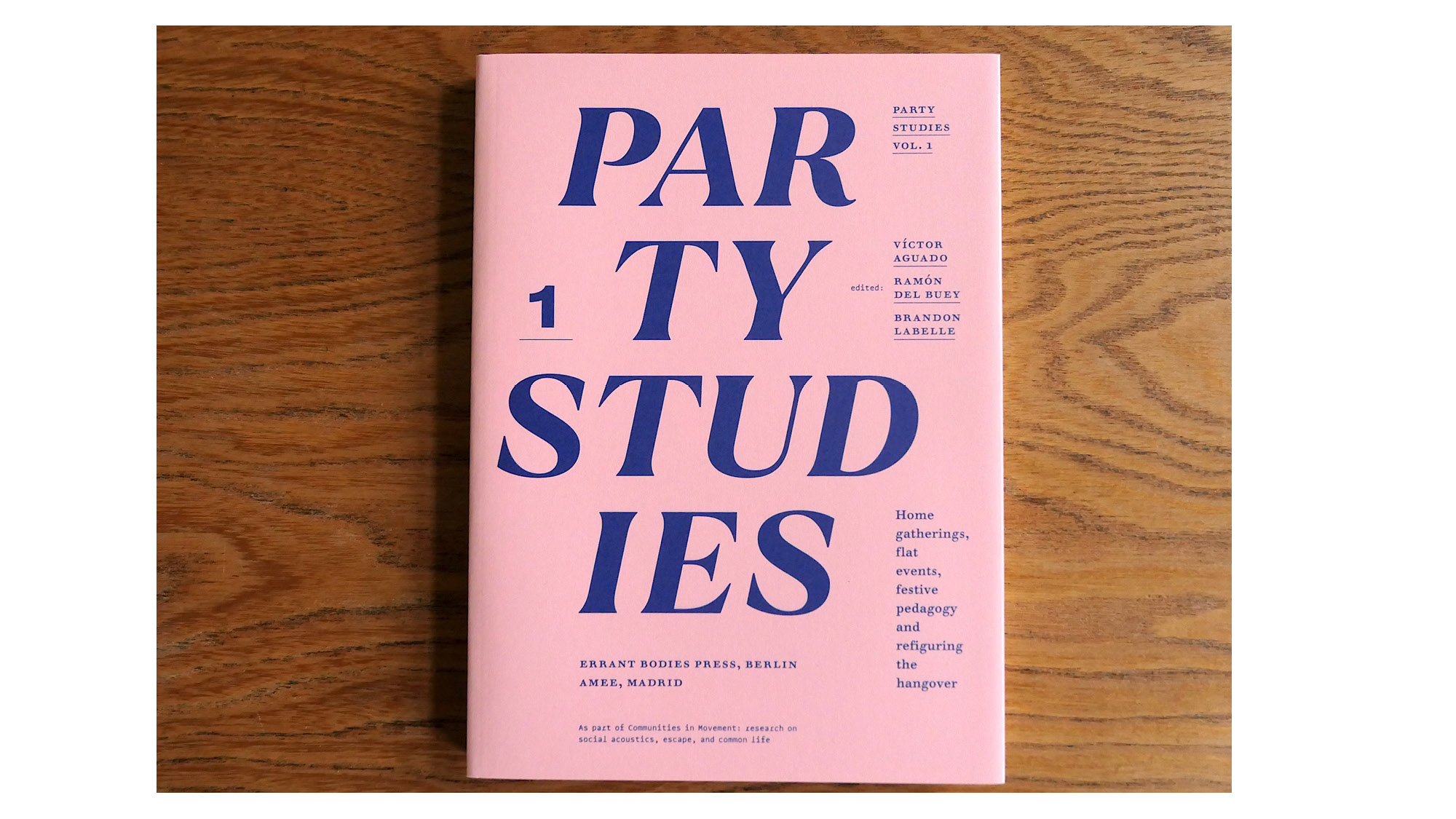
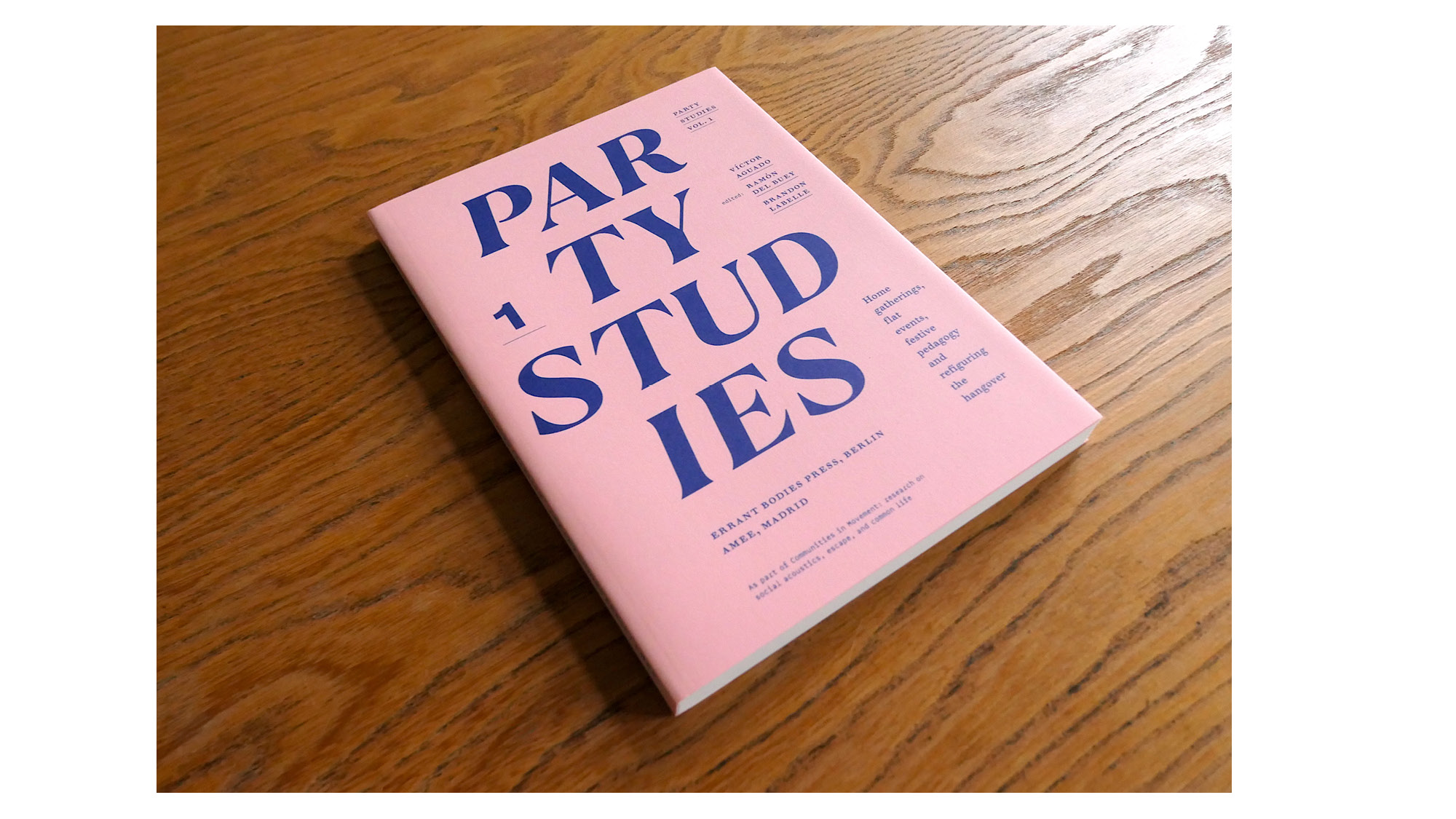
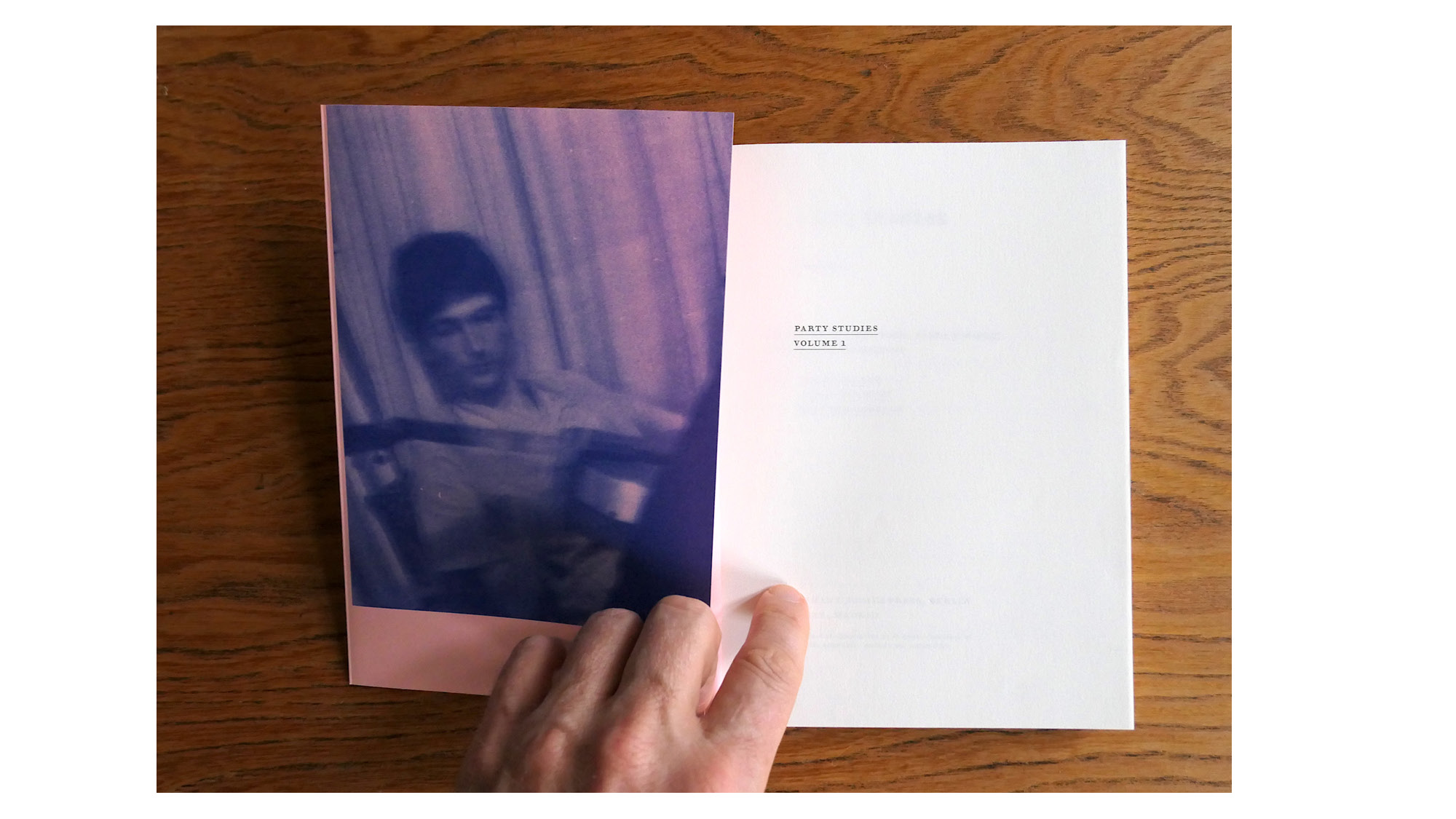
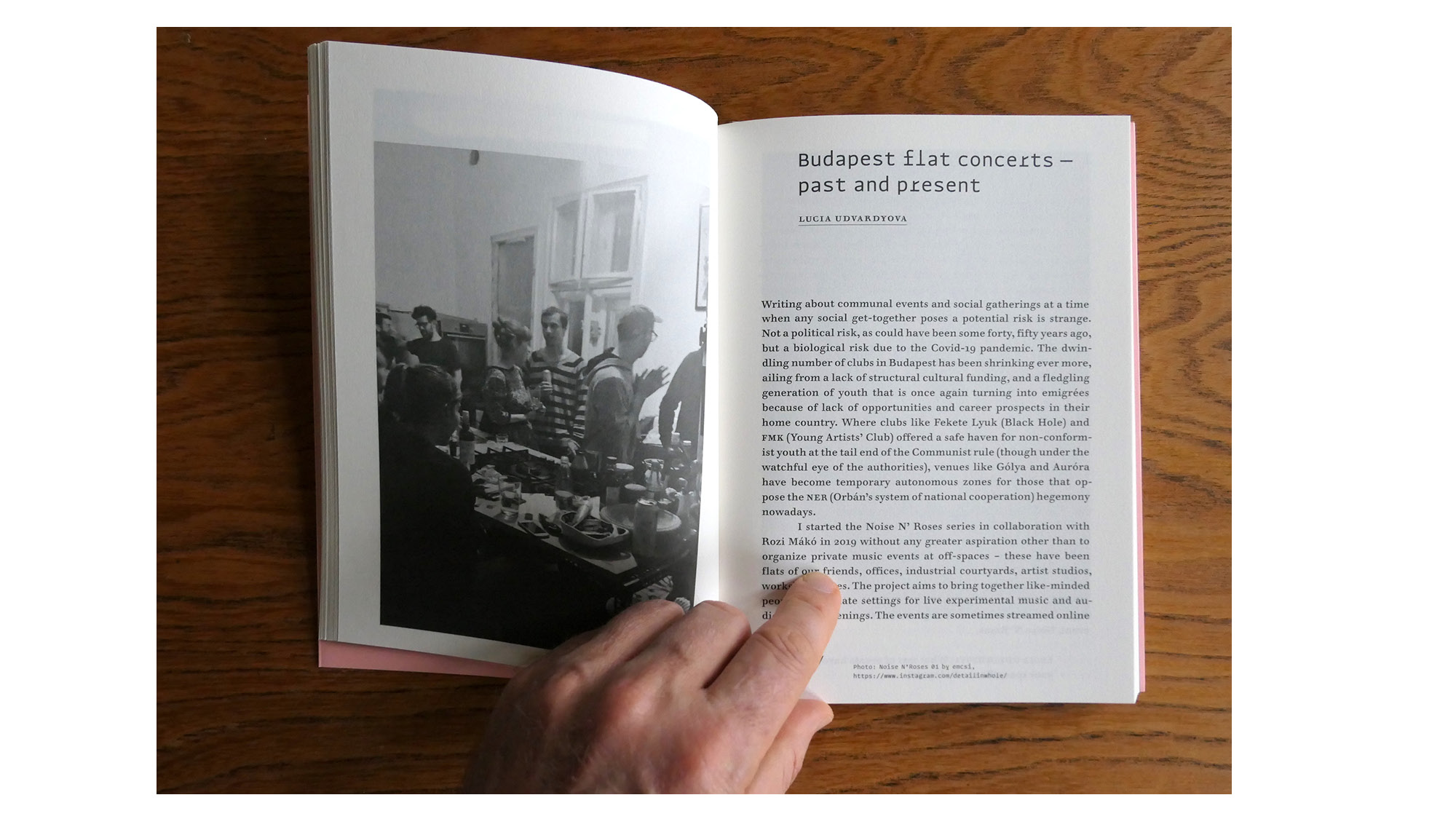
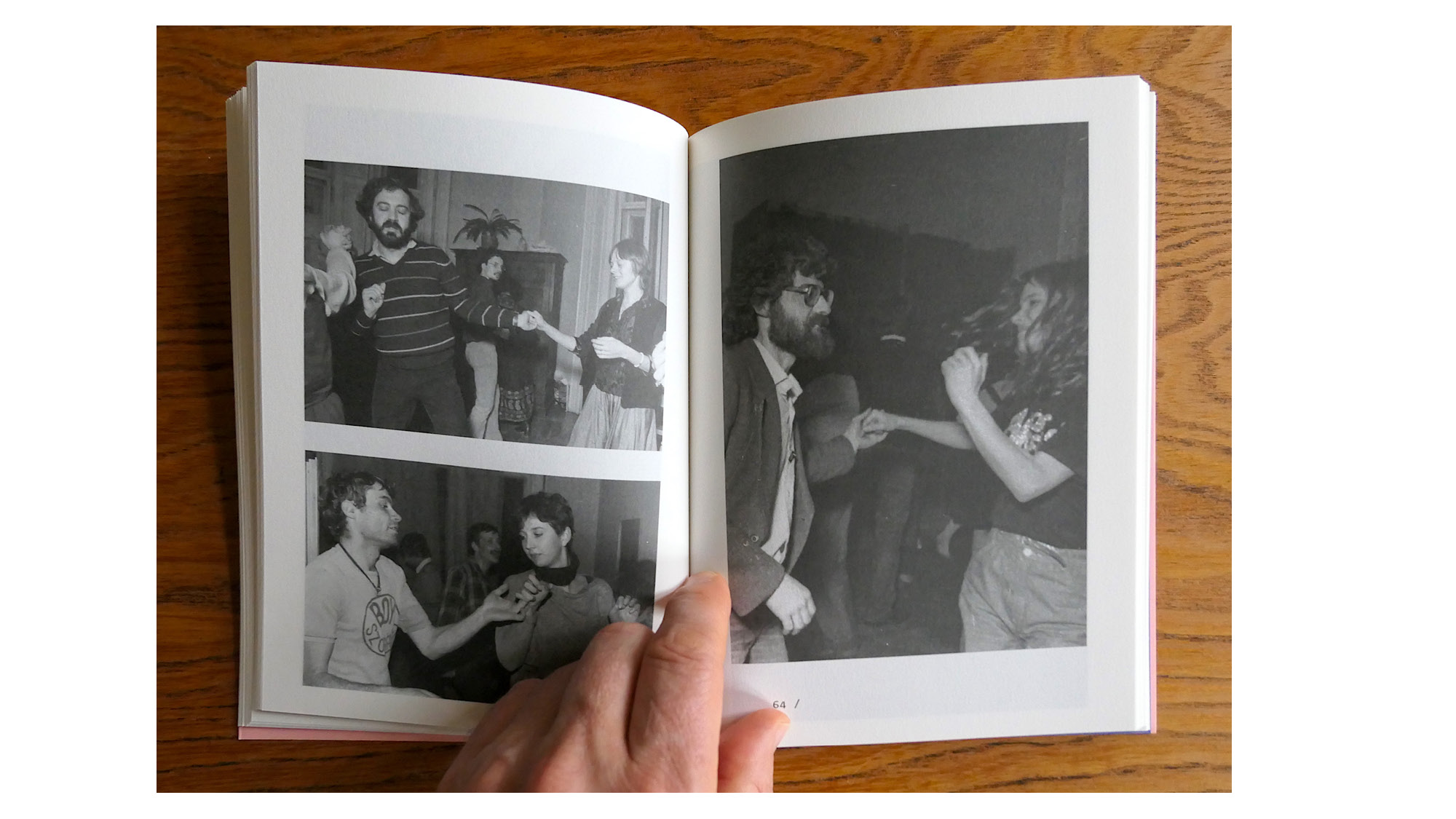
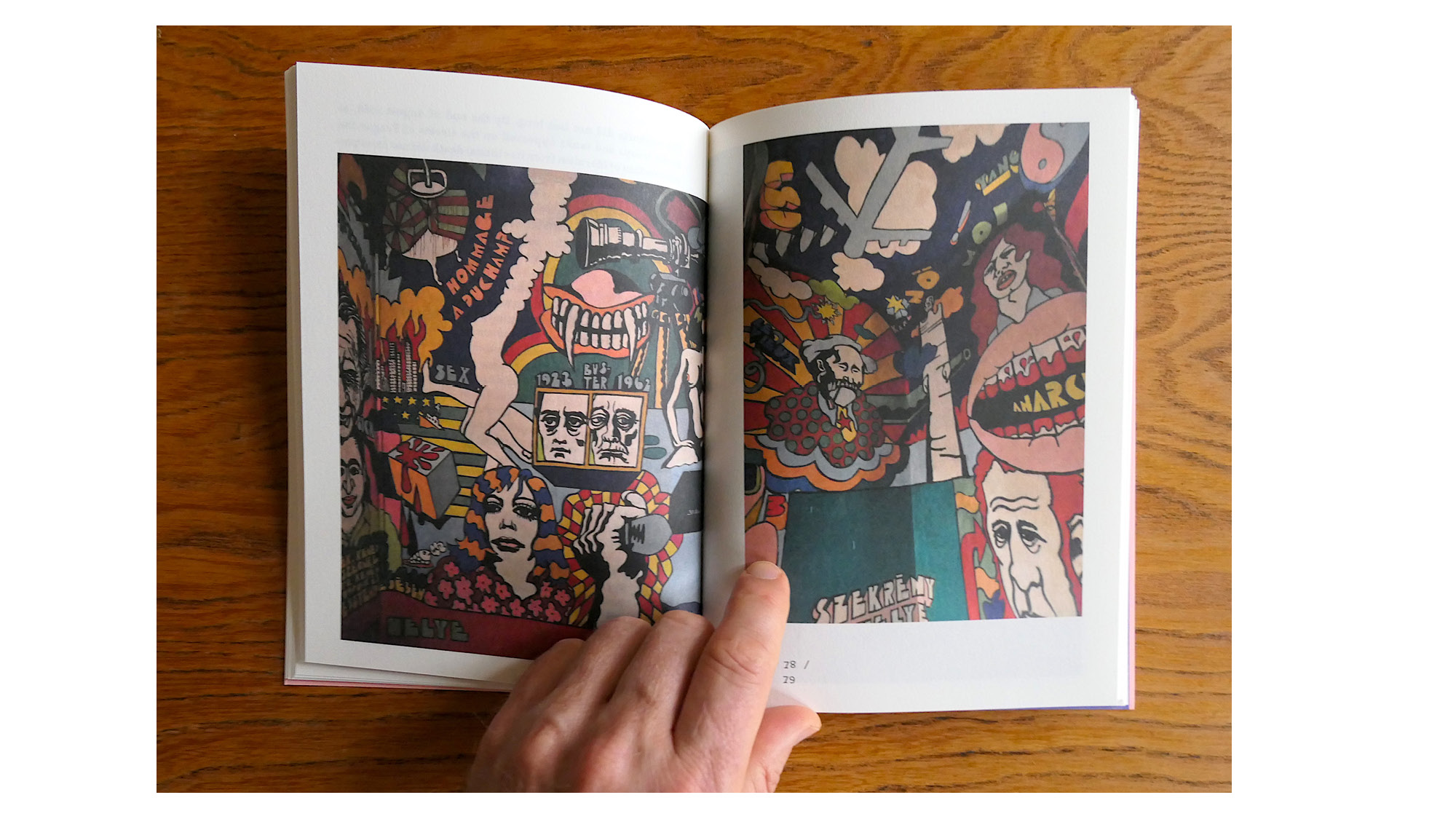
ISBN: 978-0-9978744-9-5
15 x 21 cm (softcover)
140 pages (color & b/w ill.)
Published: June 2021
→ les presses du réel (EU)
→ DAP (US)
VICTOR AGUADO is an artist, researcher and curator from Madrid interested in the ways in which opacity is encoded in language and listening. His work has been exhibited at Roulette Intermedium Brooklyn, The Graduate Center of CUNY, ArtCenter/South Florida, Instituto Cervantes of Berlin, Matadero Madrid, Medialab-Prado, and other venues. He is an architect and a PhD candidate in Philosophy and Literary Theory. Head of the AMEE.
RAMON DEL BUEY is a predoctoral fellow in the Department of Philosophy at Universidad Autónoma de Madrid, where he organizes seminars on Philosophical Anthropology, Posthumanities and Marxist Literary Criticism. His doctoral research is devoted to the history, poetics, and criticism of social forms in the work of Fredric Jameson. He is a curator and member of the AMEE boarding team.
BRANDON LABELLE is an artist, writer and theorist working with sound culture, voice, and questions of agency. He develops and presents artistic projects and performances within a range of international contexts, often working collaboratively and in public. He is the author of Acoustic Justice (2021), The Other Citizen (2020), Sonic Agency (2018), Lexicon of the Mouth (2014), Diary of an Imaginary Egyptian (2012), Acoustic Territories (2010), and Background Noise: Perspectives on Sound Art (2006). He lives in Berlin.
Party Studies, vol. 1
Edited by Víctor Aguado, Ramón del Buey, Brandon LaBelle.
Contributions by Miguel Ballarín & Víctor Aguado, Octavio Camargo, István Javór, András Kovács, Brandon LaBelle, Julia Morandeira, Lucia Udvardyova.
First volume in a planned series devoted to the analysis of the party. From social get-together to scenes of delirium, the publication aims to unpack the party as a complex, vertiginous construct that provides a dynamic view onto questions of community. If the party functions as an intensification of togetherness, what lessons might it provide in negotiating a given social order?
In particular, volume 1 considers the house party, and in what ways domestic space is reworked in support of an extension of the family unit. Including a series of interviews with those active in flat events in Budapest during the communist regime and today, essays on hospitality, the politics of rest, and erotic knowledge, and documentation on Sala 603, an informal house-theater in Curitiba.
The publication is the first in a series developed in parallel to a set of party-workshops held in different locations in Madrid, each of which performatively investigates states of partying, posing the party as a scene of creative study.